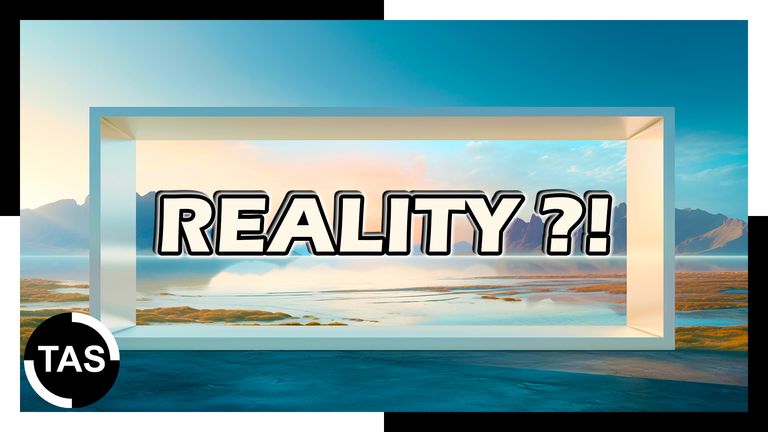
For centuries, philosophers have grappled with the fundamental questions of reality and existence. What is "real"? What does it mean for something to "exist"? These seemingly simple concepts take on profound complexity when examined closely.
One key distinction lies between objective reality, the world that exists independent of our perception, and subjective reality, our own unique experience of the world shaped by our senses, thoughts, and beliefs. A chair exists objectively, but the color we perceive it to be depends on the lighting and our own visual processing. Understanding reality becomes even more challenging when we consider non-physical concepts like emotions, ideas, or mathematical truths. Do these exist in the same way a chair does?
Modern science adds further layers to these questions, especially through quantum mechanics and theories of the universe. Quantum mechanics reveals that particles can exist in multiple states simultaneously and that their properties are not determined until they are observed, challenging traditional notions of a fixed reality. Additionally, concepts like the multiverse theory and simulations hypothesis propose that our reality might be just one of many possible realities or even a sophisticated simulation.
This pursuit of understanding reality is an ongoing exploration. While a definitive answer might forever elude us, the very act of questioning pushes the boundaries of human thought. Through exploration and debate, we gain a deeper appreciation for the complexity of the world around us, and perhaps even ourselves.

©️ Original Content, Created By TAS.
🌐 Sources:
Wikipedia: Existence
Wikipedia: Reality
American Scientist: Reality
🏷️ Hashtags:
#reality #existence #philosophy #science #multiverse #simulation #deepthoughts #mind #life #world #thoughts
